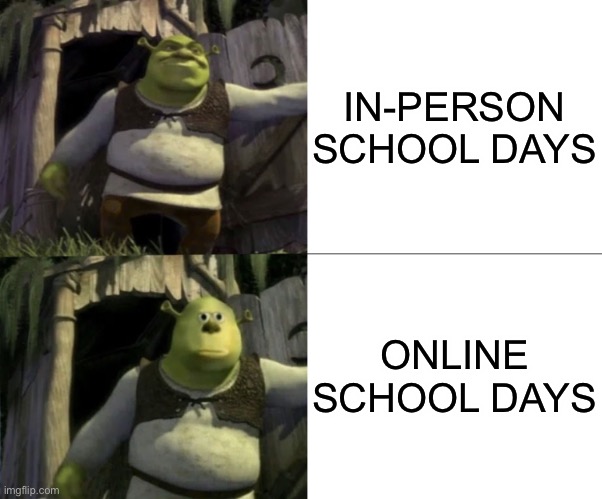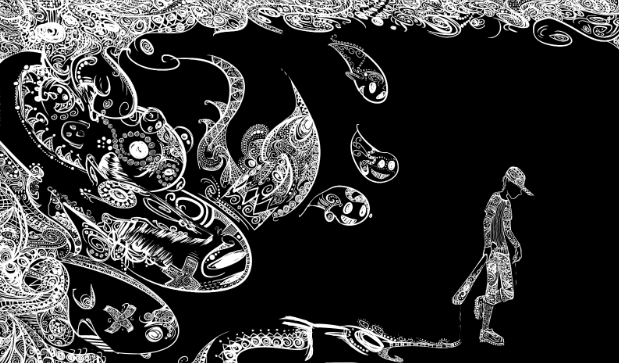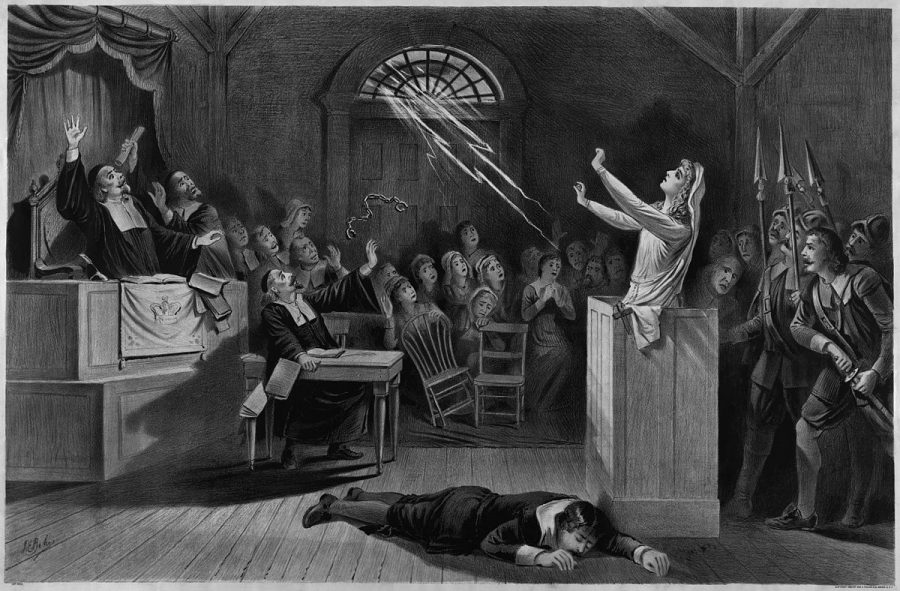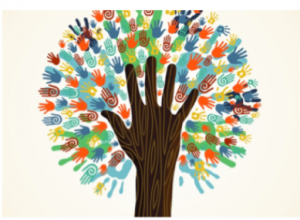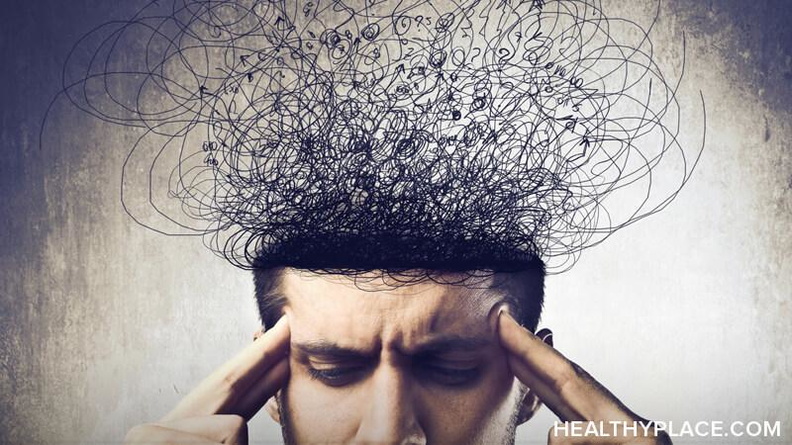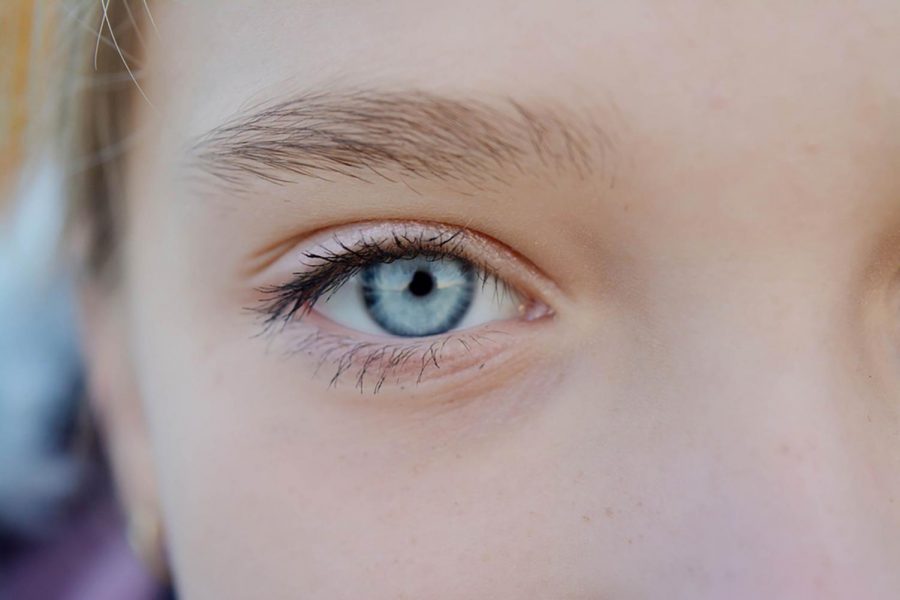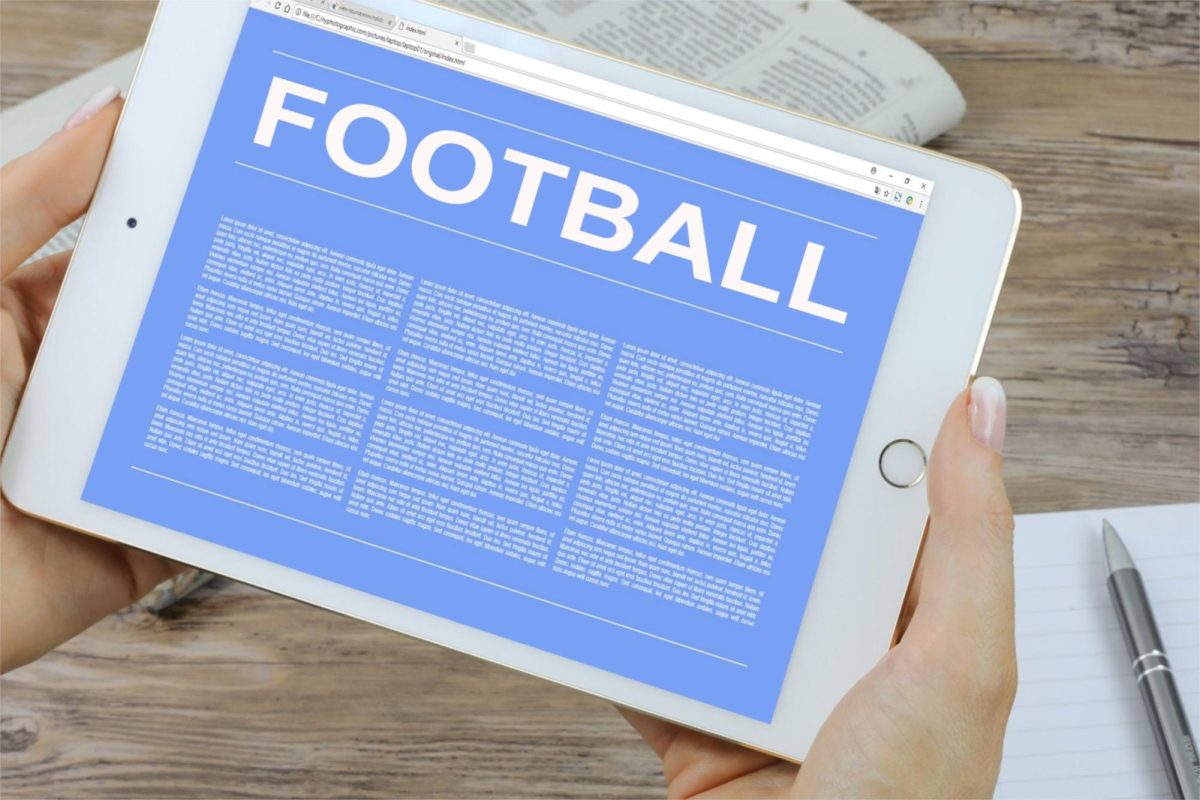Mental Disorders Can Affect Relationships
December 7, 2022
Mental illnesses can increase a lot of things in our day to day. In a good way or in a bad way, it affects the way we act toward others. Many people diagnosed with mental illnesses blame these illnesses for their abusive behavior. Although mental health isn’t always linked with abuse, there is a chance that abuse is visible in these relationships. The NDVH stated that many illnesses can even change a person’s personality, such as bipolar disorder and post-traumatic stress disorder. Although these illnesses can change a person’s personality, they cannot cause abuse.
Bipolar disorder is a disorder associated with mood swings, such as depressive lows and manic highs. SAMHSA discussed how bipolar disorder can cause changes in a person’s thinking, energy, behavior, and sleep. They even shared how it is hard to keep up with day-to-day things like work and school, and it is difficult to maintain relationships. They also analyzed how drastic behavior caused by this illness created concern among family members and friends. Bipolar disorder can also affect the way families feel, HereToHelp shared how families have to deal with unusual or dangerous behavior. Stress can also result in mental health problems for the family and cause more difficulty to maintain a stable relationship.
Past events also affect our relations with others. Post-traumatic stress disorder (PTSD) is a disorder caused by a traumatic event or when a person witnesses an event and is having a hard time recovering. MayoClinic stated that PTSD can cause the person to be easily startled or frightened, have self-destructive behavior such as drinking too much or driving too fast, trouble sleeping and concentrating, irritability, angry outbursts, or aggressive behavior. They even shared how children six years old and younger may re-enact the event through play and have nightmares. PsychCenter shared how PTSD can cause challenges throughout relationships manifesting difficulties in communication, intimacy, attachment, sex drive, and avoidance. Communication can be affected by irritability and emotional outbursts. People with PTSD may respond negatively to certain situations or comments and cause fear, resentment, and confusion in people. Intimacy can cause a lack of interest in activities that are supposed to be enjoyed, a negative self-image, and can make you feel detached from others and/or enable you to emotionally connect with others. Attachment can also cause feeling detached from others, situations, and even yourself. This can also develop into constantly pushing people away or being emotionally unresponsive. Sexual interest can also be affected and cause negative self-image, lack of sleep, feeling detached, and hypervigilance. This can be affected in cases of sexual abuse or trauma, and in the type of trauma that triggered the PTSD to begin with. Avoiding certain topics that are difficult to talk about can affect your social life. When living with PTSD, some people, situations, and activities may remind you of this specific event, which can make it hard to maintain relationships if you don’t want to do certain things or explain.
Not only are the people diagnosed with these disorders being affected, but so are their families and friends. Whether it is through behavior or communication, these people are going to be affected and in the process even affect their surroundings. It goes both ways, although you may be the one to struggle with a certain disorder, take some time to realize how it is affecting your family and friends as they are also trying their best to support you when you need it most.














